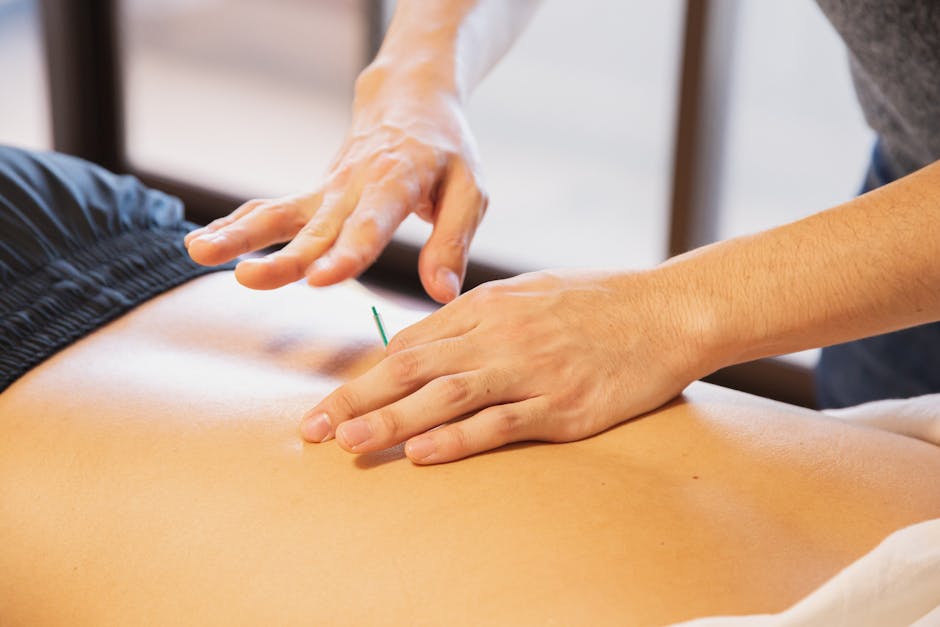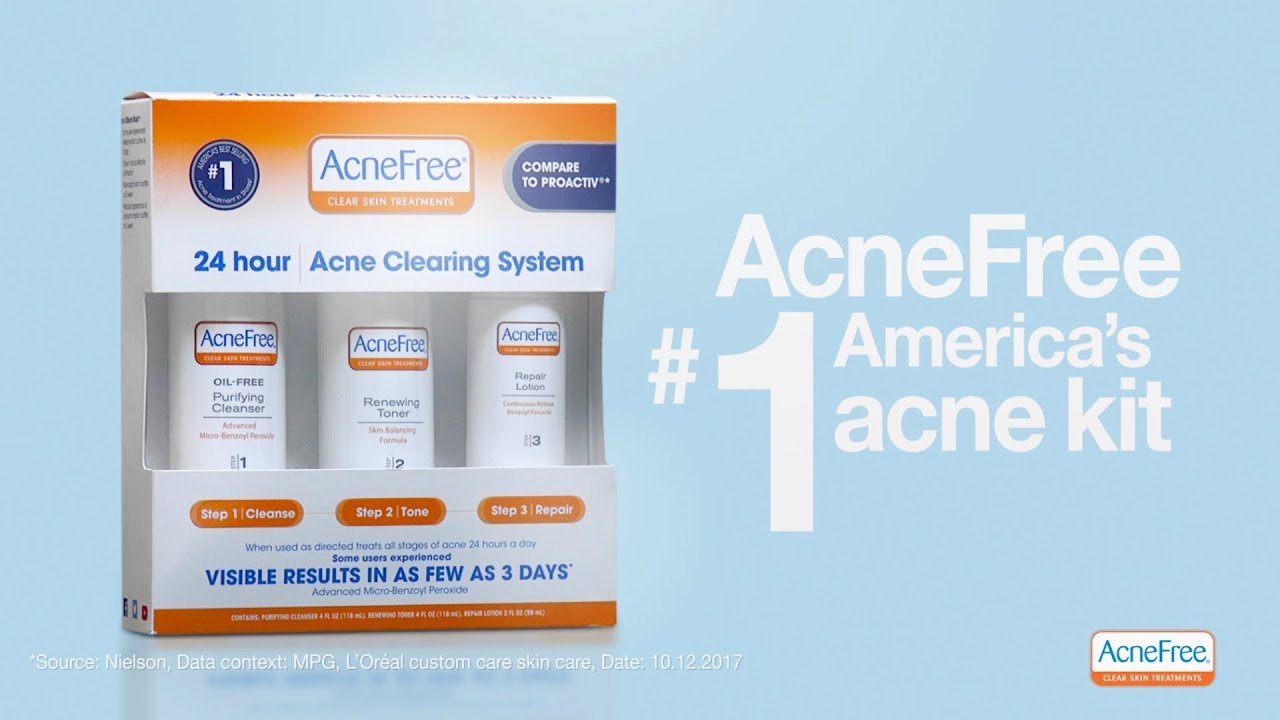7 Effective Acne Treatments To Achieve Clear Skin
Acne is a common skin condition that affects millions of people worldwide. It can range from mild to severe and can appear on the face, neck, chest, back, and shoulders. While acne can be frustrating, there are several effective treatments available to help manage and clear up breakouts.
One of the most common over-the-counter treatments for acne is benzoyl peroxide. Benzoyl peroxide works by killing bacteria that contribute to acne formation. It also helps to dry up excess oil and remove dead skin cells that can clog pores. Benzoyl peroxide is available in various strengths and formulations, including gels, creams, and washes.
Salicylic acid is another effective over-the-counter treatment. It works by exfoliating the skin, removing dead skin cells and unclogging pores. Salicylic acid can also help to reduce inflammation and redness associated with acne. Like benzoyl peroxide, salicylic acid is available in various strengths and formulations.
For more severe cases of acne, a dermatologist may prescribe topical retinoids. Retinoids are derived from vitamin A and work by increasing skin cell turnover, preventing clogged pores. They can also help to reduce inflammation and improve skin texture. Topical retinoids are typically applied once daily, usually at night.
Oral antibiotics are sometimes prescribed for moderate to severe acne. Antibiotics help to reduce inflammation and kill bacteria that contribute to acne. They are typically prescribed for a short period to avoid antibiotic resistance. It's important to follow your dermatologist's instructions carefully when taking oral antibiotics.
In some cases, hormonal therapies, such as birth control pills, may be prescribed for women with acne. Hormonal therapies can help to regulate hormones that can contribute to acne breakouts. These therapies are typically used in conjunction with other acne treatments.
For severe cystic acne, a dermatologist may recommend isotretinoin. Isotretinoin is a powerful oral medication that can significantly reduce acne breakouts. However, it can also have serious side effects, so it's important to discuss the risks and benefits with your dermatologist.
In addition to these medical treatments, there are also several lifestyle changes that can help to improve acne. These include washing your face twice daily with a gentle cleanser, avoiding harsh scrubbing, and choosing oil-free or non-comedogenic makeup and skincare products. Eating a healthy diet, managing stress, and getting enough sleep can also contribute to clearer skin.


